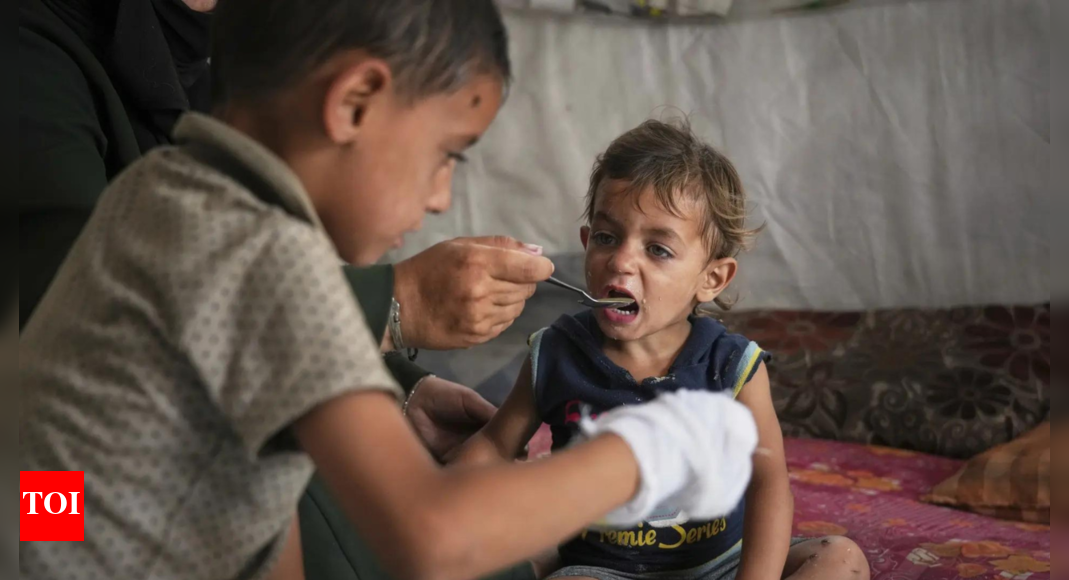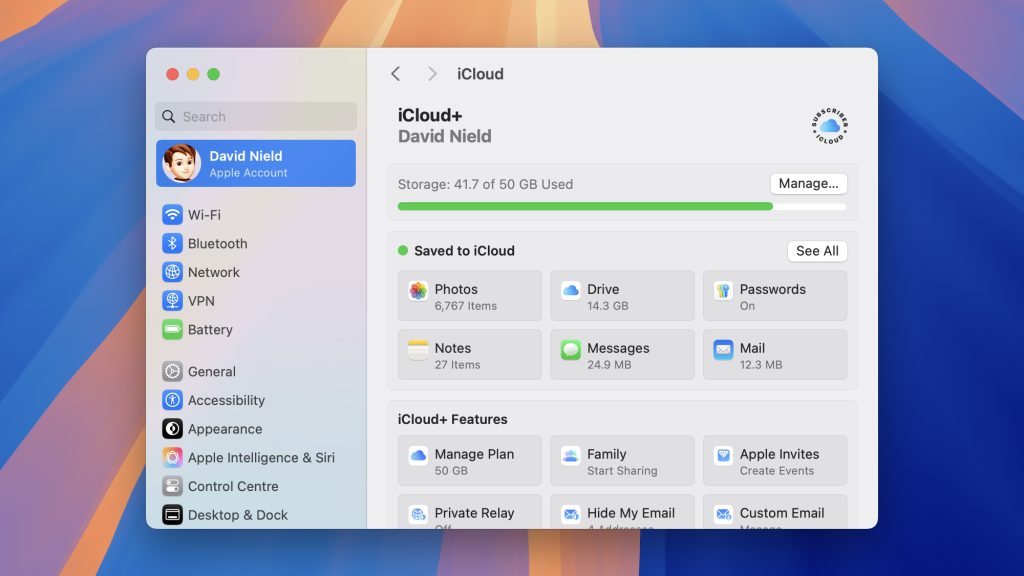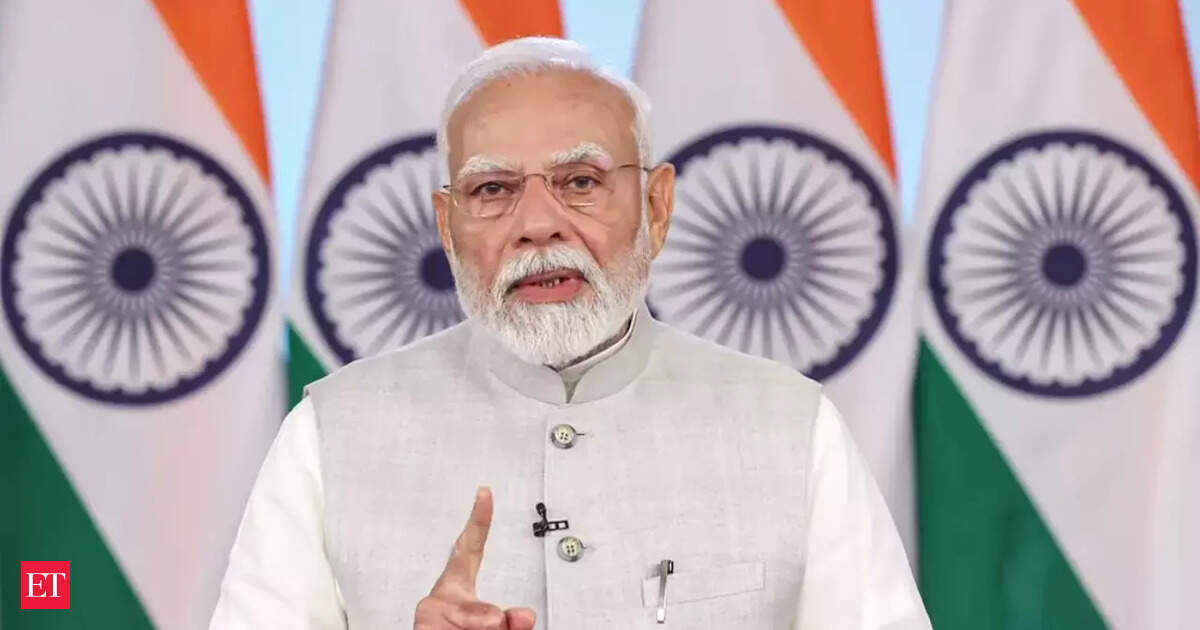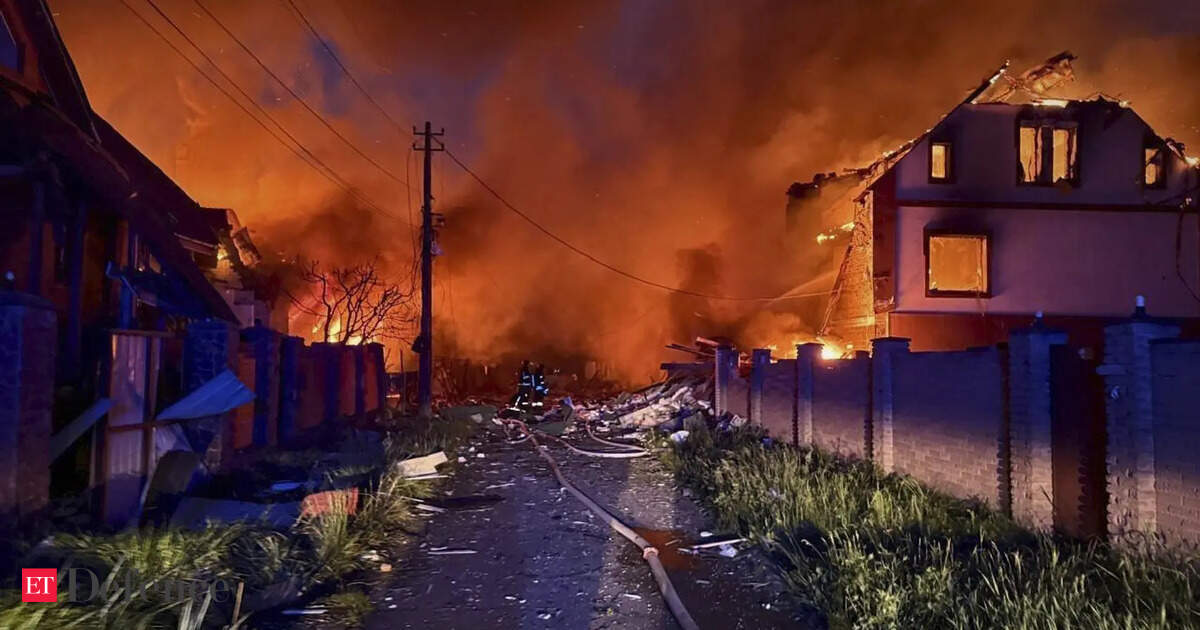Now Reading: Famine Threatens Gaza: What’s Delaying Aid Convoys?
-
01
Famine Threatens Gaza: What’s Delaying Aid Convoys?
Famine Threatens Gaza: What’s Delaying Aid Convoys?

Fast Summary
- After 11 weeks of blockade, Israel has allowed 198 trucks carrying humanitarian aid into Gaza between May 20 and May 22 through the Kerem Shalom crossing. Supplies include flour, baby food, medicine, and medical equipment.
- Capacity remains limited as critics highlight that up to 600 aid trucks entered daily during a ceasefire earlier this year. UN agencies estimate Gaza needs at least 500 trucks per day to avoid famine conditions.
- Logistical challenges persist due to inspections by Israeli authorities and delays in distribution points caused by security issues. Additionally, fuel shortages hamper transportation within Gaza itself.
- The United Nations Relief and Works Agency (UNRWA), UNICEF, WHO, and allied organizations are managing aid distribution alongside international NGOs but face meaningful hurdles such as looting and infrastructure destruction.
- maritime efforts like the Amalthea Plan have largely failed due to security concerns; recent civilian-led attempts via ship have been disrupted by drone strikes or adverse conditions.
- FAO reports that over two-thirds of Gaza’s population is dependent on international assistance, wiht almost all residents facing crisis levels (IPC Phase 3 or higher) of food insecurity following the blockade.
Indian Opinion Analysis
The humanitarian crisis in Gaza underscores the complex interplay between geopolitics and operational challenges in disaster relief zones. With a risk of famine looming over an entire population of approximately 2 million people, logistical failures-whether due to security concerns or infrastructure inadequacies-amplify suffering on ground levels. From an Indian viewpoint grounded in neutrality towards conflicts abroad but sensitivity towards human crises globally, this situation highlights how critical transparent supply chains are for effective humanitarian aid delivery amidst active conflict zones.
India holds significant experience working with multilateral partnerships during crises (e.g., tsunami recovery initiatives) which showcases models prioritizing efficiency over bureaucracy-a lesson relevant for international groups working in Gaza now coordinating amidst bottlenecks like inspection delays or military interference. Moreover India historically advocated open diplomatic engagements whilst remaining respectful surrounding legitimate respective regional tours //othesis focuse hearing human resilience vs dispute echoes_forms .


























